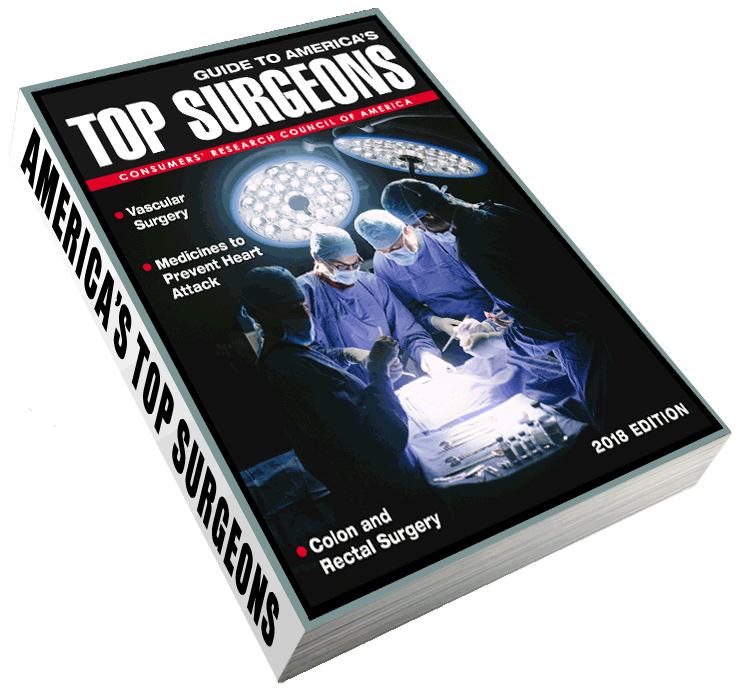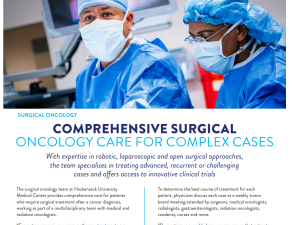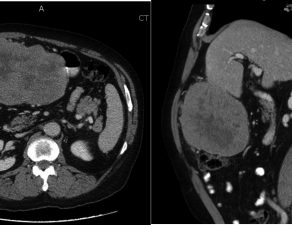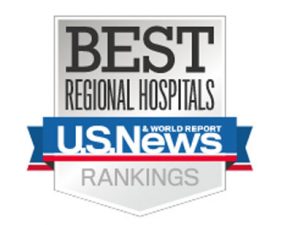
Dr. Donald A. McCain prestigious recognition in the 2018 Guide to America’s Top Surgeons
How Surgeons Were Selected
Consumers’ Research Council of America has compiled a list of top Surgeons throughout the United States by utilizing a point value system. This method uses a point value for criteria that we deemed valuable in determining top Surgeons.
 The criteria that was used and assessed a point value is as follows:
The criteria that was used and assessed a point value is as follows:
Experience: Each year the Surgeon has been in practice
Training: Education and Continuing Education
Professional Associations: Member of Professional Medical Associations
Board Certification: Completing an approved residency program and passing a rigid examination on that specialty
Simply put, Surgeons that have accumulated a certain amount of points qualified for the list. This does not mean that Surgeons that did not accumulate enough points are not good Surgeons. They merely did not qualify for this list because of the points needed for qualification.
Similar studies have been done with other professions using a survey system. This type of study would ask fellow professionals on who they would recommend. We found this method to be more of a popularity contest, for instance; professionals who work in a large office have much more of a chance of being mentioned as opposed to a professional who has a small private practice. In addition many professionals have a financial arrangement for back-and-forth referrals. For these reasons, we developed the point value system.
Since this is a subjective call, there is no study that is 100% accurate. As with any profession, there will be some degree of variance in opinion. If you survey 100 patients from a particular physician on their satisfaction, you will undoubtedly hear that some are very satisfied, some moderately satisfied and some dissatisfied. This is really quite normal.
We feel that a point value system takes out the personal and emotional factor and deals with factual criteria. We have made certain assumptions. For example, we feel that the more years in practice is better than less years in practice; more education is better than less education, etc.
The top Surgeon list that we have compiled is current as of a certain date and other Surgeons may have qualified since that date. Nonetheless, we feel that the list of top Surgeons is a good starting point for you to find a qualified Surgeon.
“No fees, donations, sponsorships or advertising are accepted from any individuals, professionals, corporations or associations. This policy is strictly adhered to insure an unbiased selection.”
Finding a Surgeon
Choosing a Surgeon is an important decision. The Surgeon you are looking for should be qualified at performing the procedure you need as well as understanding the particular circumstances of your case. The Surgeon should provide you with realistic information about the procedure and the outcome of your results. We strongly recommend finding a Surgeon that is board certified and who has received surgical instruction, training and experience in the procedure you need. Thus, our goal is to assist you in making that decision. First of all, when selecting a Surgeon, you may want to begin your search several different ways:
Ask a family physician. He or she is in constant contact with all kinds of healthcare professionals and will be able to point you in the right direction.
Ask family, friends, neighbors and/or co-workers.
Contact your local hospital and speak to surgical ICU nurses that do a lot of the procedures you are having done. These nurses take care of the end results of all Surgeons.
Contact your city, county or state medical agencies for names of qualified Surgeons. Contact and ask for referrals from medical associations. Many are listed in this book.
Surgical Specialties
Each surgical specialty has its own accrediting board for training and educating Surgeons for their specialty. Some of the boards have a sub-specialty which require additional training and examinations. Some examples of these sub-specialties are Hand Surgery, Pediatric Surgery and Vascular Surgery.
A Surgeon first obtains a medical license. The Surgeon is required to take a program that is accepted by the Residency Review Committee for the specialty they are wanting to obtain. When the training is completed, the appropriate medical specialty board administers an examination for certification. The Surgeon is then required to make use of the facilities at a given hospital, which has various committees that review all surgical cases. The hospital is reviewed by the Joint Commission on the Accreditation of Hospitals to make sure policies are being adhered to and that patient care is being handled at a high standard.
General Surgery
General Surgery is the largest of all the surgical fields. This area of expertise includes abdominal organs, the breast, thyroid, parathyroid, pancreas, digestive tract, blood vessels and injury management. There are two sub-specialties in general surgery that require additional training and examinations. These include pediatric surgery and hand surgery.
Colon & Rectal Surgery
Practitioners of this field are trained to diagnose and treat patients who have disorders of the colon, anal canal, rectum, and perianal area. These Surgeons have expertise in dealing with medical problems such as hemorrhoids, fissures, lower digestive tract issues, inflammatory diseases, polyps and cancer.






